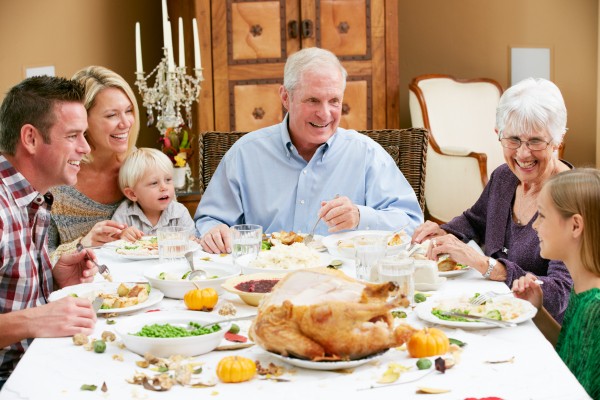It’s Thanksgiving time again. It’s a time to give thanks and be grateful for what we have. For some, it’s a reminder of what we don’t have or what we have lost. It’s a personal choice. I have a lot to be thankful and grateful for. I know that. But as an adoptee who grew up in a chaotic household, one in which I was abused by an older adoptive brother, I don’t want to be told what I should or shouldn’t be thankful for, and I know many adoptees who feel the same way. Here are five reasons you shouldn’t tell an adoptee to be thankful.
5 Reasons You Shouldn’t Tell an Adoptee to be Thankful
No one wants to be told what they should or shouldn't be thankful for.
You don’t know anyone’s personal story, and you don’t know they feel about their particular set of circumstances. Perhaps they were sexually abused by an older sibling, like I was, which would not have happened had they not been put in their particular situation. Perhaps it’s something else. It really doesn’t matter. The point is it’s not your place to decide what they should be thankful for.
You may be in a position in your life where you are grateful for all you have, and maybe you’re especially grateful for your family. But that doesn’t mean that the person you are directing to be thankful is in a similar situation. Maybe they are grateful for their job, but not their family. Maybe they are angry that they were placed for adoption. Perhaps they are having difficulty reuniting with their biological family. Be thankful for what you want to be thankful for, but don’t direct others to do the same.
People who have experienced trauma, which is often the case for adoptees who are trying to reconcile why they were placed for adoption, may have difficulty during the holidays. Traditionally, holidays are a time when families spend a lot of time together, which can be great, but it can also be a reminder about a challenging set of circumstances that adoptees find themselves in. Choose to be respectful of that.
Each adoptee, and each individual for that matter, responds to their own set of circumstances in a way that works best for them. When trauma is involved, there are typically stages that an individual will go through in their quest to reconcile their situation. Some may be in the denial stage. Others could be angry. Others, still, may have reconciled their anger and be on their way to healing. Regardless, they may not be in a stage where they want to be thankful. Let them decide for themselves.
Inevitably, small talk will happen. “What are you grateful for?” you might ask nonchalantly at a Thanksgiving gathering. Your intent isn’t meant to be harmful, but you may end up hitting a nerve. There may be a trigger there that causes some level of discomfort for the person being asked the question. If they attempt to divert the conversation or become fidgety, take the cue and don’t push the envelope. Chances are, they will be grateful if you change the subject.

Tom Andriola
Tom Andriola advocates for adoptee rights and shares his personal experiences about being adopted and his successful, independent search for both biological parents. To see more of his writing, visit Tom's Facebook page.
The views and opinions expressed through Adoption.com Articles are those of the authors and do not necessarily reflect the official policy or position of Adoption.com. If you would like to report any articles for us to review, we would love to hear from you.




